BRI: reviving Turkish business?
Experts at a recent conference on China’s Belt and Road Initiative, hosted in Istanbul, spoke of its many advantages to the region, but also on the challenges involved in attracting financing
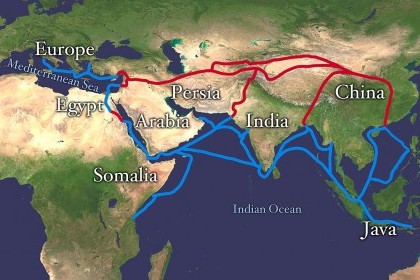 Courtesy: Wikipedia
Courtesy: Wikipedia
Experts at a recent conference on China’s Belt and Road Initiative, hosted in Istanbul, spoke of its many advantages to the region, but also on the challenges involved in attracting financing
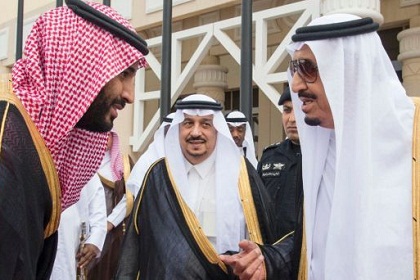 Courtesy: Haaretz
Courtesy: Haaretz
Dynasty has its own reasons and the 40 decrees that King Salman issued last month were designed to hand more power to the Salman branch of the House of Saud. Is a promotion in the offing for his son, the deputy crown prince, Mohammed bin Salman? What does this bode for the country’s foreign policy? President Trump’s first foreign visit will be to Saudi Arabia later this month
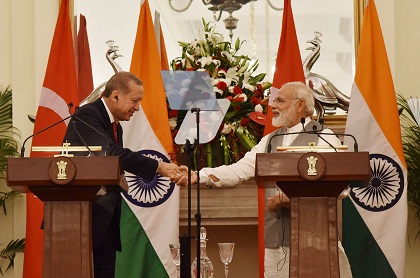 Courtesy: MEA/ Flickr
Courtesy: MEA/ Flickr
The newly powerful Turkish president’s visit led to both sides committing to a stronger economic relationship and boosting people-to-people contact, but it had its unacceptable moments, and India had prepared for its unpredictability of outcome
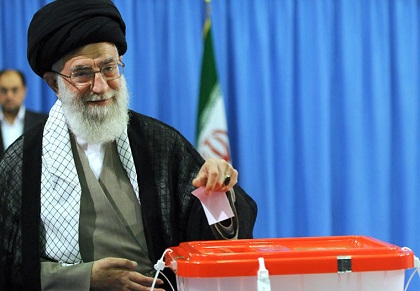 Courtesy: Wikimedia Commons
Courtesy: Wikimedia Commons
Iran’s former president Mahmoud Ahmadinejad’s disqualification from contesting the May 2017 presidential election has reduced the number of aspirants to six. The winner may well be a contender for the post of next Supreme Leader too
 Courtesy: Wikipedia
Courtesy: Wikipedia
Referendums are a way of mobilising society and bringing in exceptional change. Turkey’s third constitutional referendum in the last 10 years, being held on Sunday, April 16, is the greatest of them in many respects as it puts the country on uncharted waters, having it move from one unbalanced system to another
 Courtesy: Gateway House
Courtesy: Gateway House
Trends in technology, geopolitics and geoeconomics have dramatically transformed the global energy scenario in the last two years. This means favourable conditions for import-dependent India, which must use the opportunities available to reduce its vulnerability to high energy prices. The jump in oil prices past the $60 mark suggests that India must act with alacrity. India’s Energy Footprint Map offers a profile of India’s global trade and investment in energy, and indicates what India can do to access cheap and reliable supplies
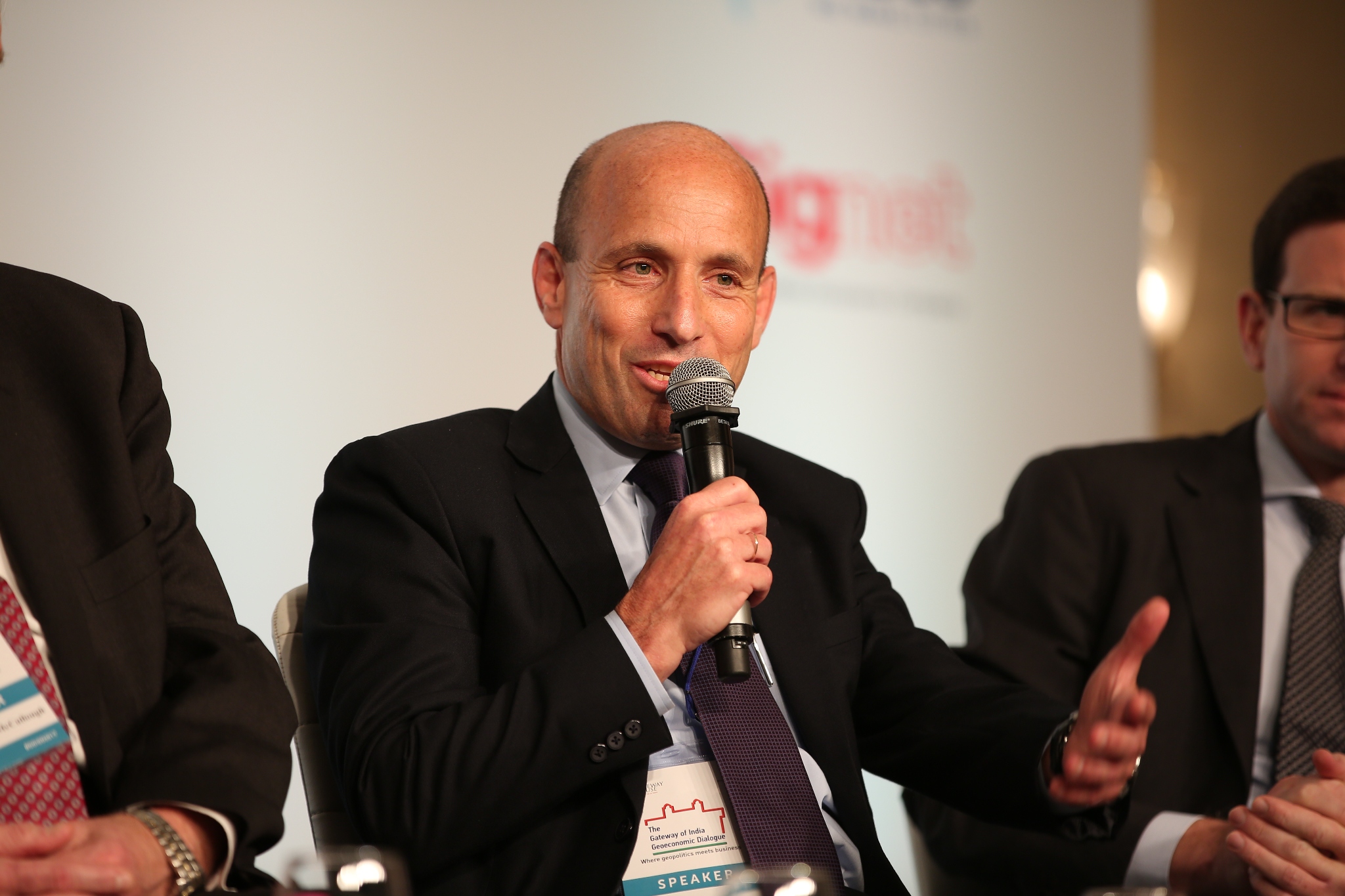 Courtesy: Gateway House
Courtesy: Gateway House
In his interview, Rear Admiral (Retd.) Ophir Shoham discusses Israel’s liberal cybersecurity policies and the high levels of export in the cybersecurity sector. According to him, transfer of technology is imperative for Digital India, as for a country to become digital, Infrastructure is most important which is protected by cybersecurity. In the defence space, he mentions the close relationship India and Israel share despite it being a sensitive area. He prescribes a collaboration between the two countries to build weapon systems that they can use to customize defense equipment for the Indian defense system and the Israeli defense system.
 Courtesy: Flickr
Courtesy: Flickr
Prince Salman’s accession to the throne after the death of Saudi King Abdullah on 23 January 2015 has been a game changer, both domestically and in West Asian politics. Within days, he sidelined rivals within the House of Saud, and took on Iran with a confrontational policy. But two years later, the results of his new strategy disappoint
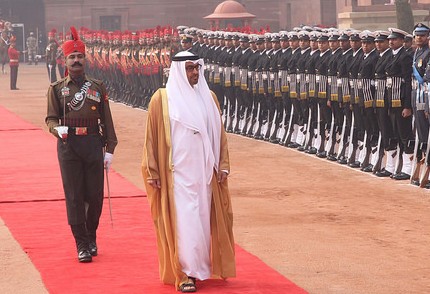 Courtesy: MEA/Flickr
Courtesy: MEA/Flickr
The West Asian monarchies are being forced to ‘look East’ due to a range of factors: the rise of the Islamic State, their need to boost falling oil revenues and doubts about the United States continuing to remain a guarantor of regional stability. Quite coterminously, India is looking towards the Gulf for energy security besides fulfilling other geostrategic goals: this is an ‘East’ and ‘West’ where the ‘twain will meet
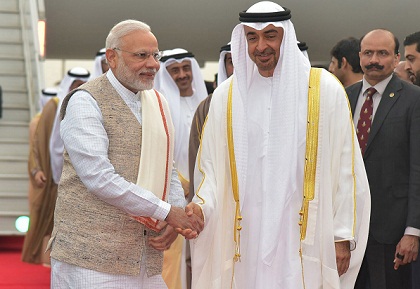 Courtesy: MEA flickr
Courtesy: MEA flickr
The choice of the Crown Prince of the United Arab Emirates (UAE) to be the chief guest at India’s 2017 Republic Day celebrations is an indication of the enhanced attention that the Indian government is according the Gulf countries. Many trade interests ally India to the UAE, but a deeper engagement is called for even as instability grows in the region